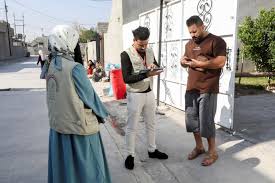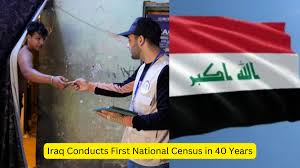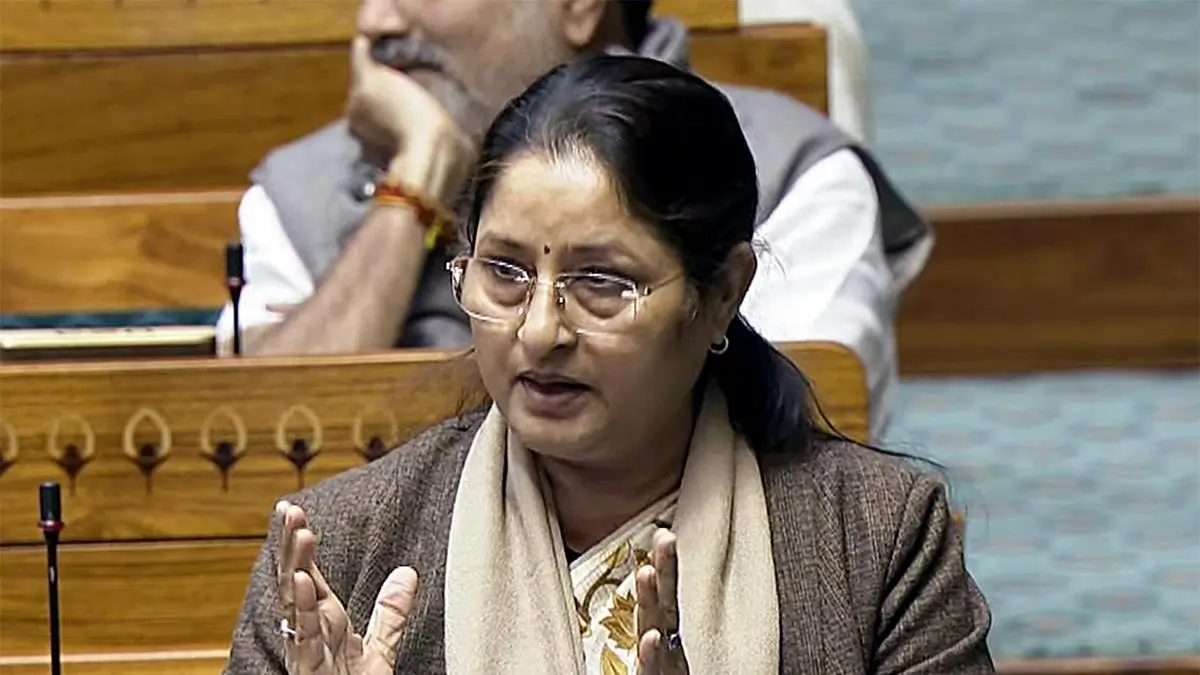Iraq Conducts First National Census in 40 Years
Iraq has recently launched its first national census in 40 years, marking a significant milestone in the country’s efforts to better understand its population dynamics and plan for future development. The last national census in Iraq was conducted in 1987, before the Gulf War and several decades of political and security instability, which hindered the country’s ability to conduct regular census operations. This census is expected to provide crucial data for national planning, resource allocation, and the development of key policies in sectors such as education, healthcare, and infrastructure.
The census is being conducted by the Iraqi government in partnership with international organizations and experts. The data gathered will help create a more accurate picture of Iraq’s population, including its ethnic and religious composition, urbanization trends, and demographic growth. The process is also important for ensuring that resources are distributed more fairly across the country, taking into account the needs of various regions and communities.
The Iraqi government has highlighted that the census will also be instrumental in improving the country’s electoral system and ensuring that political representation is based on current population data. The process is being carried out with strict measures to ensure that the data collected is secure and protected, and it is expected to provide a better foundation for future policymaking.

Why This News is Important
Significance for Iraq’s Development
This census marks a critical step for Iraq in its recovery and modernization efforts. Accurate population data is essential for shaping public policies, guiding infrastructure development, and addressing the needs of Iraq’s diverse communities. The new data will allow the government to allocate resources more effectively, ensuring equitable distribution of services such as healthcare, education, and housing.
Impact on Electoral Representation
A national census helps ensure that political representation is more accurately aligned with the actual population. For Iraq, this means fairer and more democratic elections, where each community’s voice is better represented. This is crucial in a country with a complex demographic and ethnic makeup, where issues of sectarianism and minority rights are sensitive.
International and Domestic Collaboration
The involvement of international organizations and experts highlights the collaborative approach Iraq is taking to modernize its governance systems. By bringing in external expertise, Iraq aims to improve the accuracy of the census process and build confidence in its results, both domestically and internationally.
Strengthening National Unity
Conducting a national census is also seen as a step towards strengthening national unity. By accounting for all citizens, including those from various ethnic, religious, and regional backgrounds, Iraq can foster a more inclusive society and promote peace and stability.
Long-term Strategic Planning
The data collected from this census will form the foundation for long-term strategic planning in Iraq. It will assist in decision-making related to national economic growth, resource management, and public welfare. The government’s ability to plan effectively hinges on accurate, up-to-date population statistics.
Historical Context: Iraq’s Previous Census and Political Landscape
The 1987 Census
The last national census in Iraq was conducted in 1987, during the regime of Saddam Hussein. At that time, the country’s population was relatively stable, but many regions, particularly the Kurdish areas in the north, faced political repression. The 1987 census data, while valuable, became outdated due to years of conflict and instability that followed.
The Impact of Conflict
Iraq has faced decades of political turmoil, including the Gulf War (1990-1991), the Iraq War (2003), and the rise of ISIS. These events disrupted the country’s administrative systems and made it difficult to conduct a new census. The instability caused massive displacement, both internally and externally, which further complicated the census process.
The Need for a New Census
In recent years, the Iraqi government recognized the need for updated demographic information to better manage the country’s recovery and growth. The lack of accurate population data hindered Iraq’s ability to allocate resources, plan for the future, and ensure fair representation in its political system.
International Support
With the support of international organizations such as the United Nations and the World Bank, Iraq has embarked on the long-awaited process of conducting a national census. These organizations have provided technical assistance and expertise to ensure the reliability of the data and improve the transparency of the process.
Key Takeaways from “Iraq Conducts First National Census in 40 Years”
| Serial Number | Key Takeaway |
|---|---|
| 1 | Iraq has launched its first national census in 40 years to improve population data for national development. |
| 2 | The last national census in Iraq was conducted in 1987, before decades of conflict and instability. |
| 3 | The new census will help the Iraqi government plan for better resource allocation in sectors like healthcare and education. |
| 4 | Accurate population data will also help Iraq improve its electoral system and ensure fair political representation. |
| 5 | International organizations have supported Iraq in conducting the census, ensuring its accuracy and transparency. |
Important FAQs for Students from this News
What is the significance of Iraq’s first national census in 40 years?
Iraq’s first national census in 40 years provides crucial data to aid in resource allocation, national planning, electoral representation, and development in key sectors like healthcare, education, and infrastructure. It also ensures fair political representation and strengthens Iraq’s national unity.
Why was there a gap of 40 years between Iraq’s national censuses?
The gap occurred due to decades of political instability, wars (including the Gulf War and Iraq War), and the rise of insurgent groups like ISIS. These disruptions made it difficult to conduct a reliable and comprehensive national census.
How will the census data affect Iraq’s electoral system?
The census data will be used to update electoral rolls, ensuring that political representation aligns with current population data, which is critical for fairer and more democratic elections in Iraq.
What role do international organizations play in Iraq’s census process?
International organizations, including the United Nations and the World Bank, are providing technical support and expertise to ensure the accuracy and transparency of the census, which is crucial for building trust in the results.
How does the census contribute to Iraq’s long-term development?
The data gathered from the census will help the Iraqi government with strategic planning for future growth. It will inform policy decisions in sectors such as public health, education, and urban development, thereby supporting sustainable development.
Some Important Current Affairs Links

















